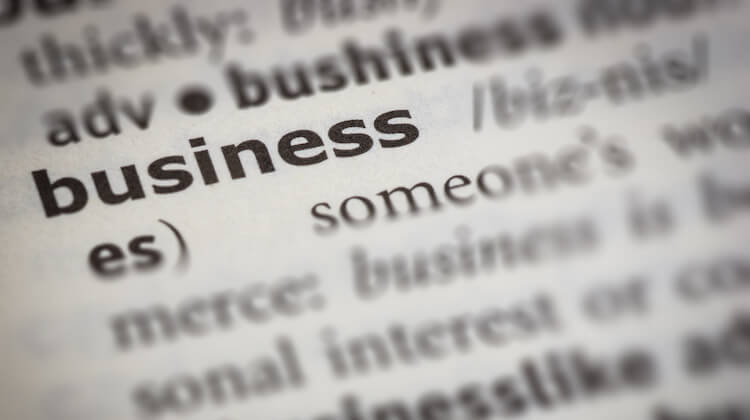There are many facets to Business English from composing emails to leading meetings to enter into negotiations. Let’s go through some of the more widely used phrases that will help you along with your business endeavors.
Business emails
Sending a business email can be challenging. How do you sound professional even if you have been working with your colleague for a while? It can be a challenge. First of all starting off begin with:
“Hello” is appropriate for someone that you have already met whilst
“Good Morning/Afternoon/Day” is more formal and appropriate if you have not met the person before and want to show off your professionalism and be respectful.
Likewise, when signing off, common endings include;
- Kind regards
- Thanking you kindly
- Much appreciated (less formal)
Followed by your name
E.g.
Kind regards
Kate
This may seem simple but it can go a long way in conveying a professional image to an important client or your boss.
Business Meetings
In order to have a meeting one has to set one up thus a typical example that you might want to add in your email is:
- “When can we set up a meeting?”
Or you might say
- “Can we schedule a meeting for this Thursday”
Or more casually “How about lunchtime for a meeting?”
You might then go on to say why you would like to have this meeting, for instance, “Can we set up a meeting to discuss this project further” Or “Can we schedule a meeting for Thursday to go over some of the recent developments”.
There are many verbs you can use with meetings; set up, schedule, arrange, organize, book, or call
In the meeting, you may: go over something, go through a memo or agenda, discuss something, run through, check, appraise, consider, analyze or review any particular topic pertinent to that particular meeting and to the people present.
Often someone will take notes or what is known as “minutes” which are all the topics brought up and addressed at the meeting.
If in a formal setting, the leader of the meeting may call the meeting “adjourned” or concluded. A new date may be set for further developments and thus the meeting may “reconvene” after a determined amount of time.
Negotiations
Sometimes depending on your line of work you may have to enter into negotiations meaning you will try to bargain with the other person to be in the most favorable position - having the most benefit from the business relation. What phrases could you use to make the transaction smoother, professional, and more effective? Here are some common phrases and how to use them:
- “Let’s get straight to it/ Let’s get straight down to business” - This is a very direct way of saying let’s not make any other kind of small talk and get straight onto business topics that we are here to discuss.
- “What I have in mind is a mutually beneficial situation for both of us.” You may introduce the deal you have in mind by saying this as it will demonstrate there is a benefit or a “win” for both parties involved which will entice the other party to consider the negotiation on offer.
- “How much of a discount would you be willing to offer?” - You will be asking or you may be asked to discuss a reduction in price and the negotiation will generally be about the amount or the percentage that the business partner or you are willing to offer as a gesture of showing a promise to continue and maintain a good business relationship in the future.
- “We are looking for a longtime partner.” - Meaning that future business will be discussed in the future and the business relationship is intended to be a long one should this deal go well and both parties are happy with the exchange.
- “You drive a hard bargain!” - This is said to the one that is very determined to complete the business deal and get the very best terms available. It is said to demonstrate that one is a tough negotiator.
- “We are evaluating offers from other companies as well.” - Meaning that there are other interested parties who are eager to enter into business negotiations and is often intended to encourage the agreement to happen very soon so as not to miss out on the current offer.
- “That is my last word/That is my final offer.” - You might say one of these statements if you do not intend to continue any further negotiations and this price or deal is the last offer you will make and will not budge any further.
- “It is always a pleasure doing business with you.” - This statement is said concluding the negotiation and is a wonderful way to foster a better and further business relationship.
These business phrases are just a few of some that you may use. You can change and adapt them as you would like and as suit you. As you experience more and more business situations you will encounter more vocabulary you can include and you will also understand which phrases work well and which do not. As always, it has been a pleasure discussing business English with you. What other phrases will you use in your business life?







